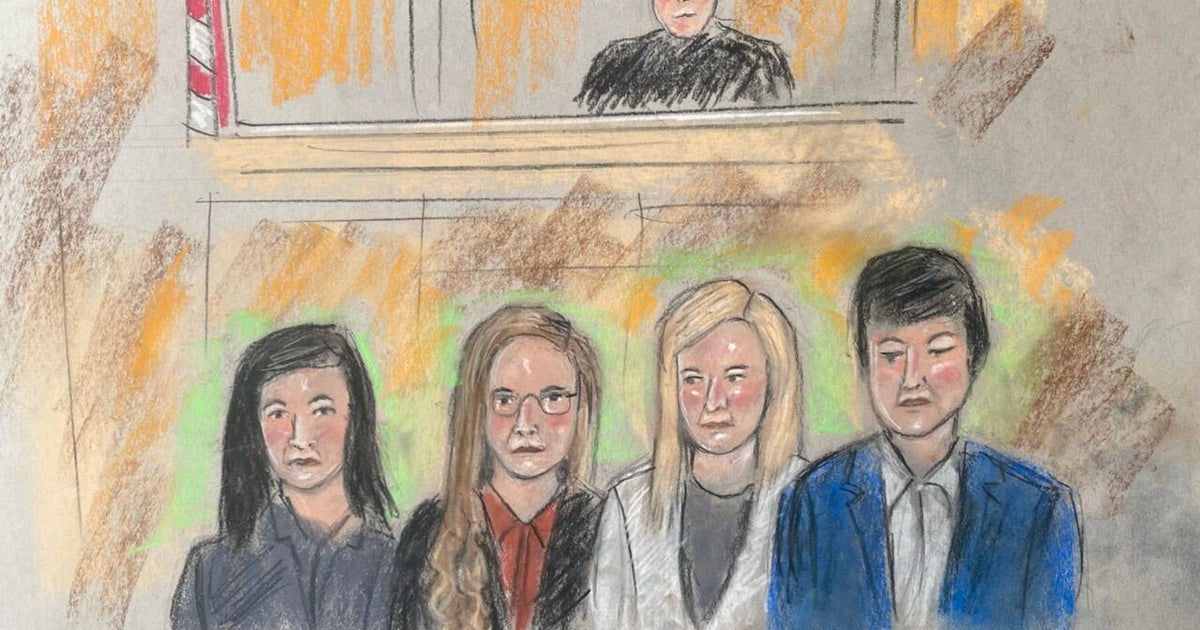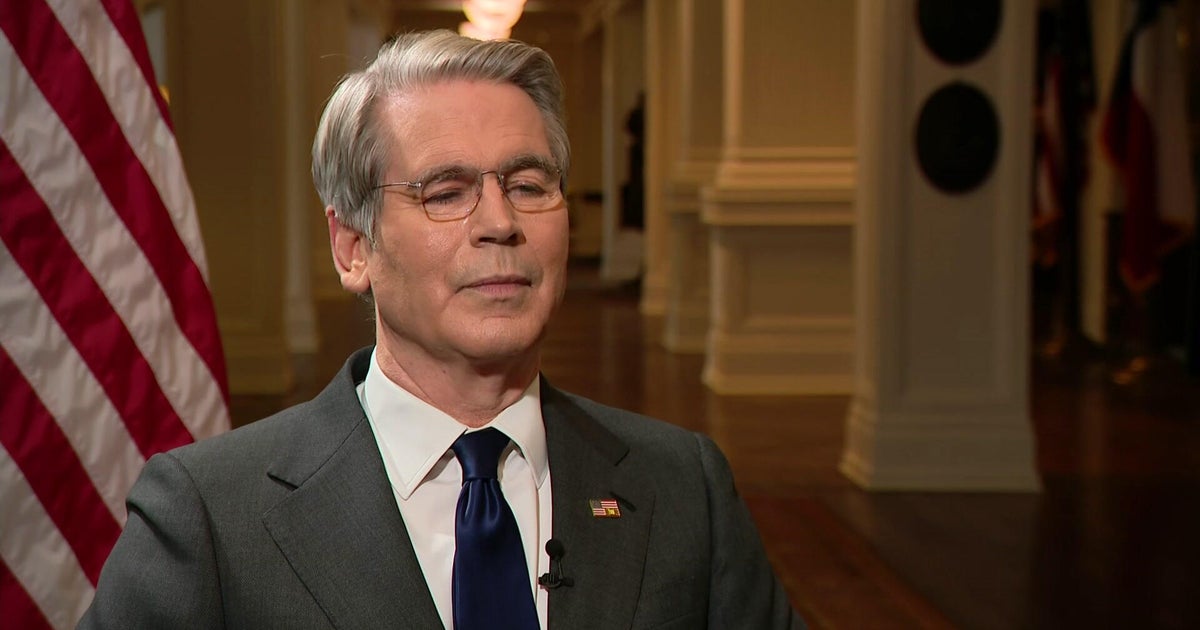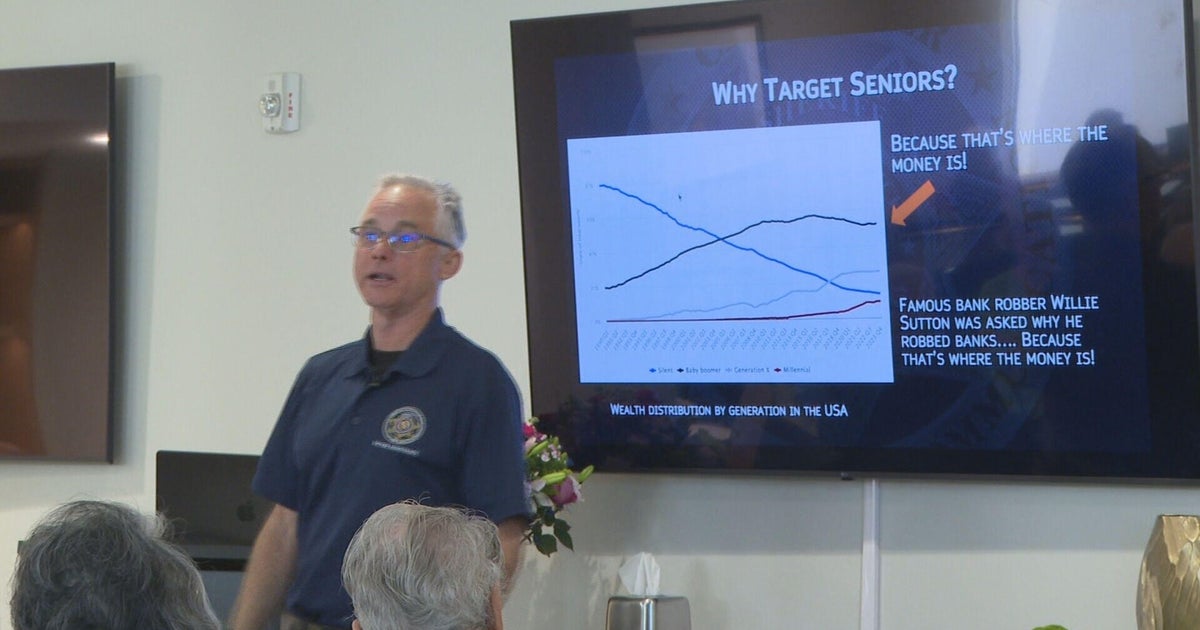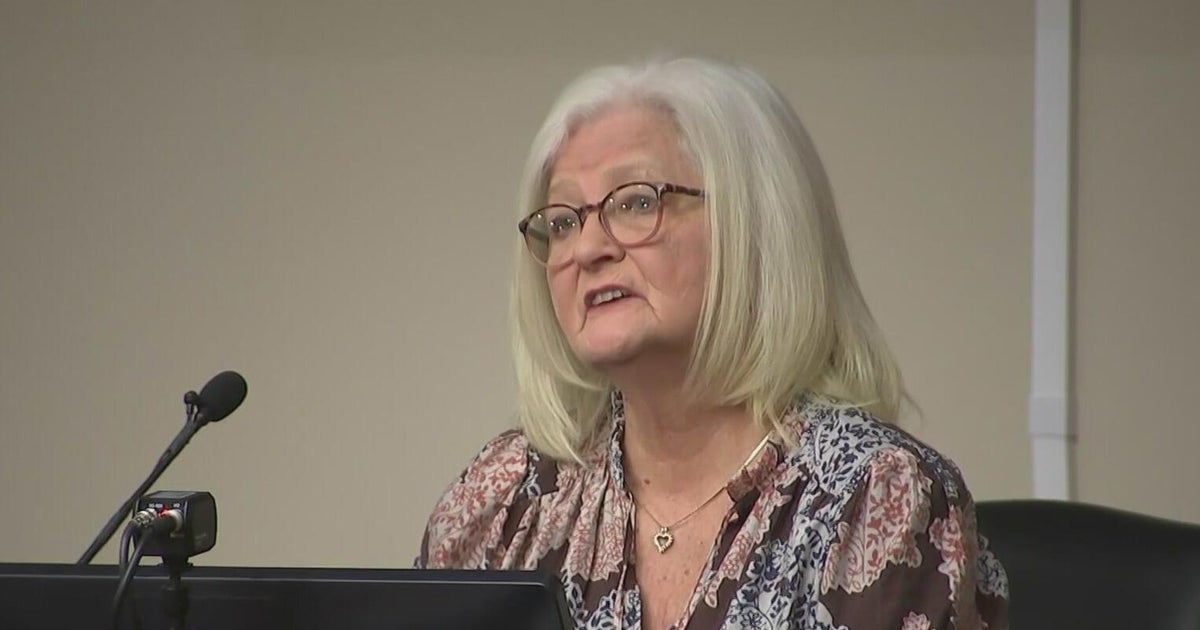No New Trial For Black, Resentencing Set For June
CHICAGO (CBS) -- Federal prosecutors said Thursday that they would not seek to retry former media mogul and Chicago Sun-Times owner Conrad Black, after two fraud convictions were tossed out last year by an appellate court.
The announcement came Thursday at a status hearing in Black's case.
Black, convicted in 2007 of swindling his company's shareholders out of $6.1 million, has been free on bail since last summer, when an appeals court overturned two fraud convictions. That ruling came in the wake of a U.S. Supreme Court decision that limited the use of the so-called "honest services" statute at the heart of those two charges.
U.S. District Judge Amy St. Eve set a June 24 resentencing date for Black on the two convictions that were upheld by the appeals court. Black has already served two years of what was a 6 1/2 year sentence.
Authorities had freed the 66-year-old from a Florida prison last year while he while he appealed his 2007 convictions for defrauding investors.
St. Eve has provided Black a unique form of ID while he is free on bail. His British passport has been seized by the court and has expired, so St. Eve has provided a one-page court order to serve as "government-issued identification" that will allow Black to fly within the continental U.S.
Black, whose media empire once included the Chicago Sun-Times, The Daily Telegraph of London and community papers in the U.S. and Canada, sounded upbeat about his chances of staying out of prison for good.
Asked as he walked to a waiting car if he was confident about remaining free, Black said Thursday afternoon that he is "hopeful."
Prosecutors could have attempted to retry Black on the overturned convictions. The appeals court discouraged that, however, warning it could throw scarce resources at drawn-out litigation.
The Supreme Court's ruling drastically scaling back honest services laws offered a lifeline to Black and other public figures convicted using the provisions, including Jeffrey Skilling, the former CEO of disgraced energy giant Enron Corp.
Defense lawyers criticized honest services laws as vague and a last resort of prosecutors when they couldn't show money changed hands. Watchdogs countered they were key to fighting white-collar and public fraud.
(TM and © Copyright 2010 CBS Radio Inc. and its relevant subsidiaries. CBS Radio and EYE Logo TM and Copyright 2010 CBS Broadcasting Inc. Used under license. All Rights Reserved. This material may not be published, broadcast, rewritten or redistributed. The Associated Press contributed to this report.)







